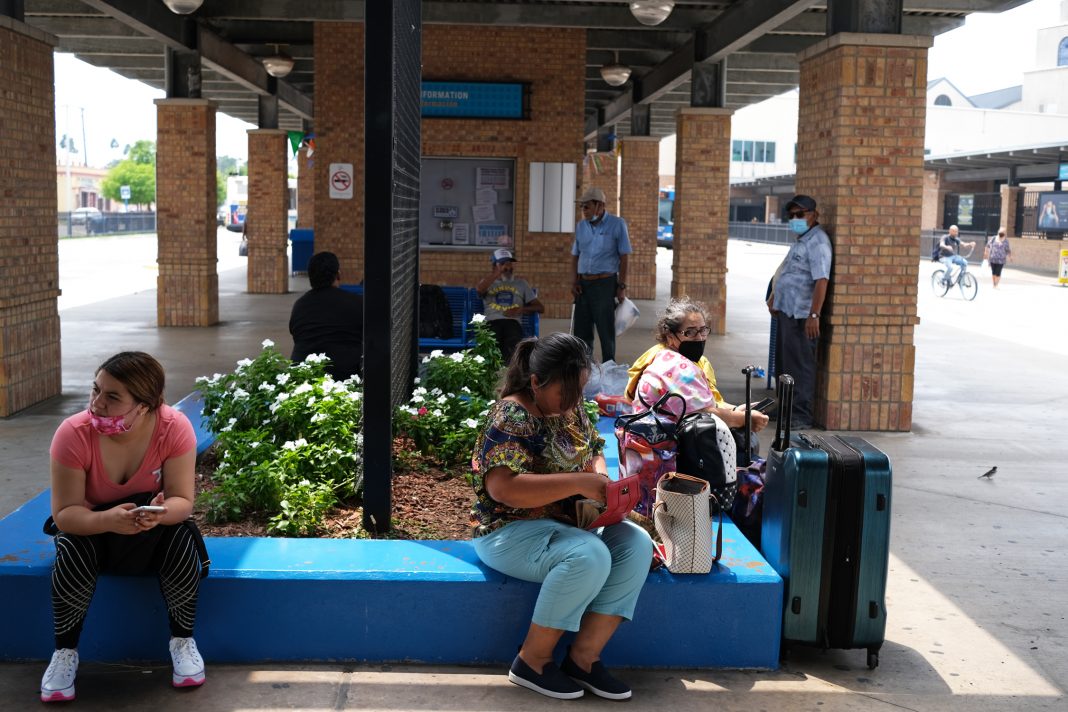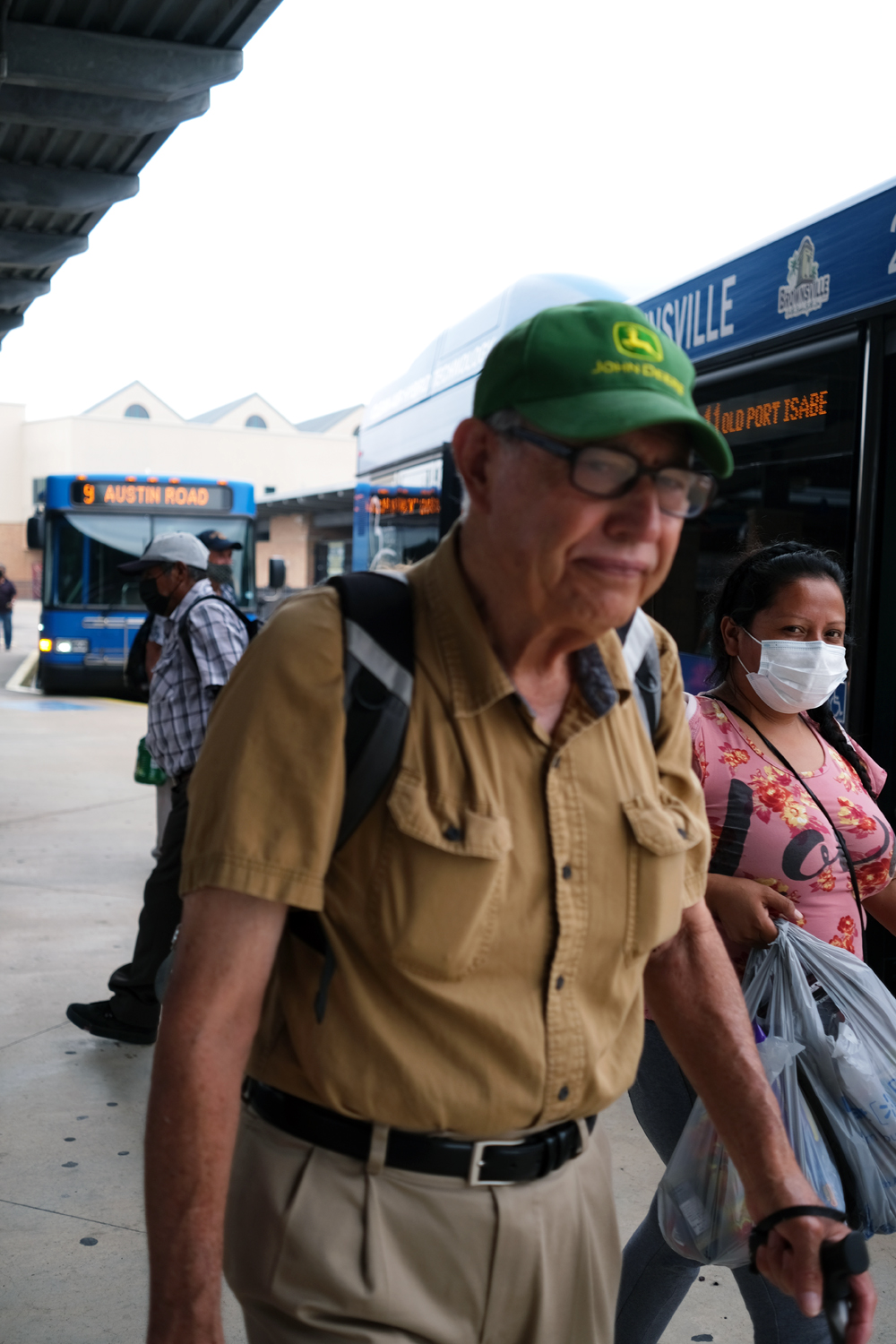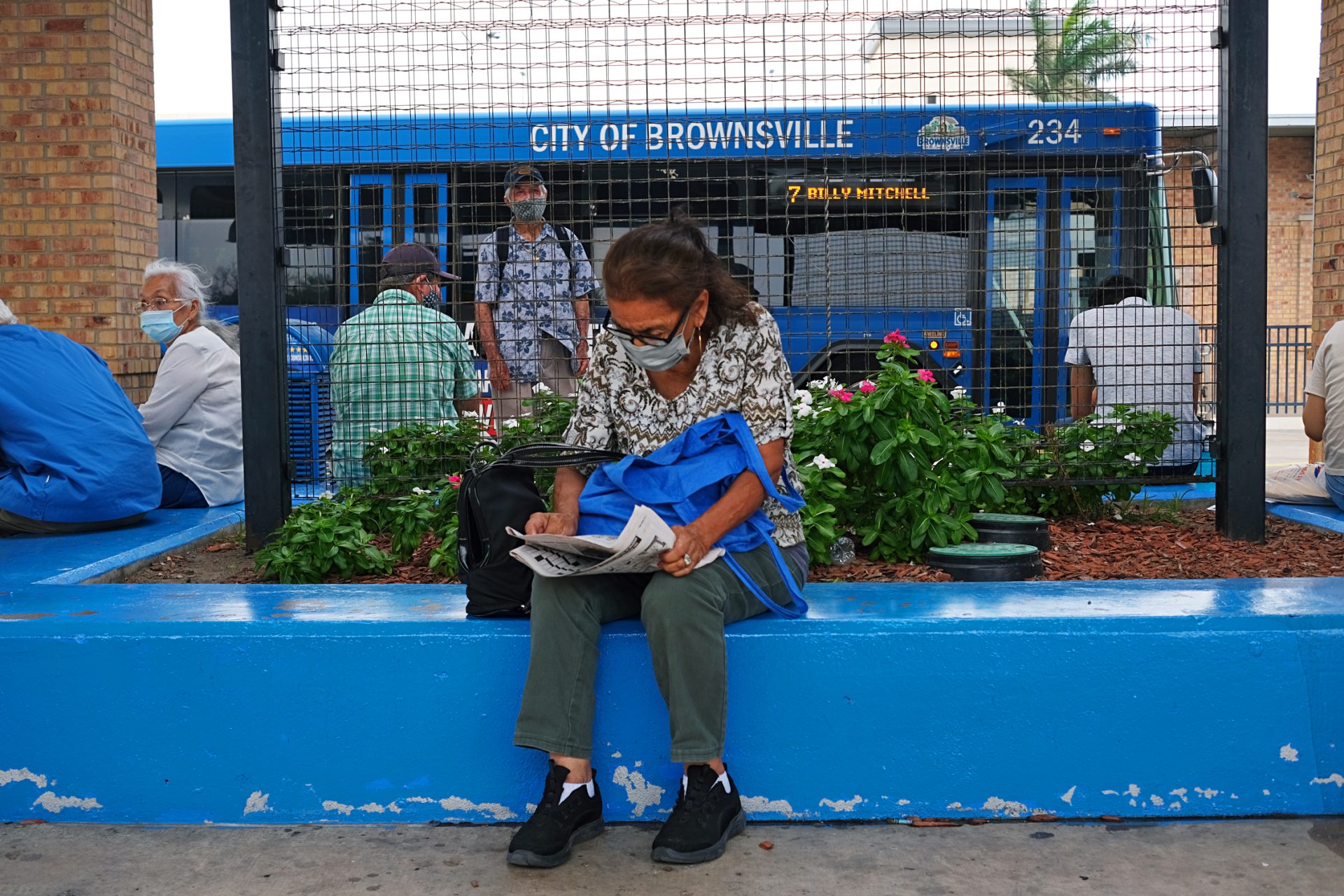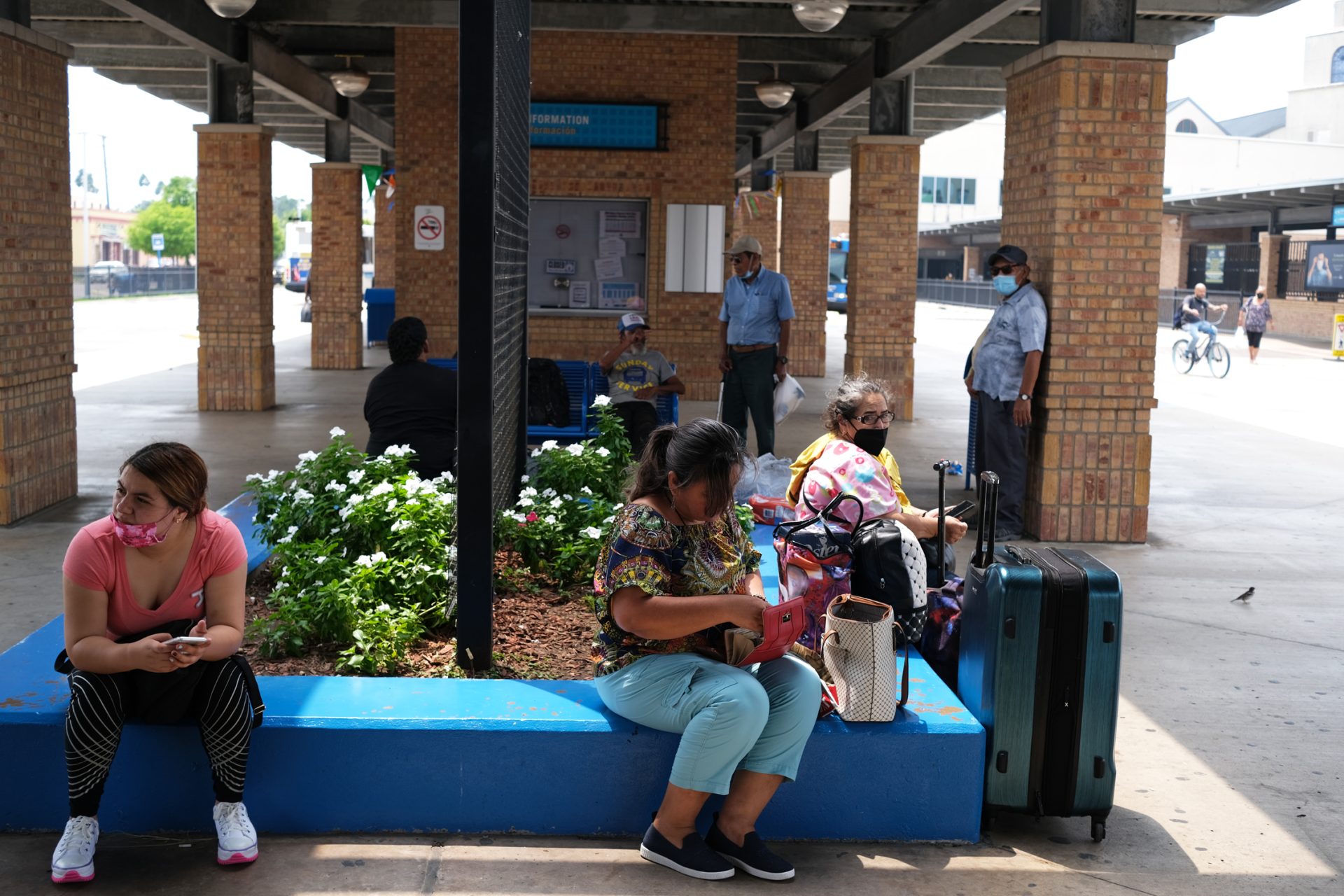|
Only have a minute? Listen instead
Getting your Trinity Audio player ready...
|
The city of Brownsville has taken the first step in getting electric buses.
The Brownsville City Commission Tuesday night passed a resolution in support of applying for federal assistance that would make it possible for the city to purchase electric buses. The purchase would fall under the city’s Buses and Bus Facilities Program.”
“The Buses and Bus Facilities Program is to assist in the financing of buses and bus facilities capital projects including replacing, rehabilitating, rehabilitating purchasing, or leasing buses or related equipment, and rehabilitating purchasing, constructing, or leasing bus related facilities.”
The Low-No Program is to support the transition of the nation’s transit fleet to the lowest polluting and most energy efficient transit vehicles, according to documents provided by the Multimodal Transportation Department, officials said.
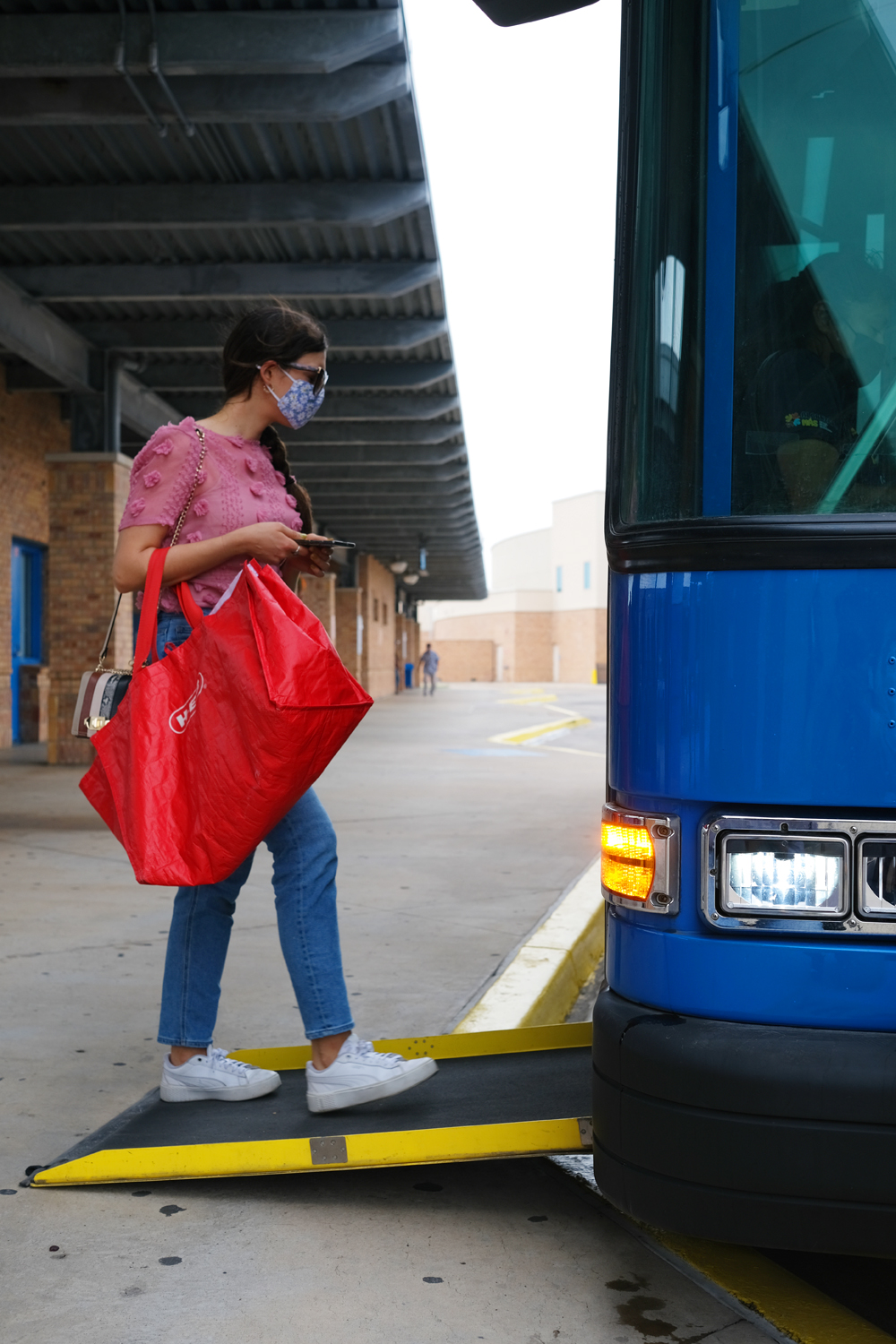
The department is seeking to replace 10 gas emission vehicles with 10 electric vehicles along with chargers at the maintenance yard and main bus bay.
“They are fully electric,” said Gennie Garcia, deputy director of the Multimodal Transportation Department.
The resolution in part states it’s “a resolution authorizing the application submission of fiscal year 2022 low or no emission and buses and bus facilities competitive grant programs in the amount of $11,133,289 with the United States Department of Transportation, for federal transportation assistance.”
On March 10, the Federal Transit Administration announced the availability of $1.1 billion for Fiscal Year 2022 grants to help modernize bus fleets and bus facilities across the country. This includes helping transit agencies purchase or lease low- or no-emission vehicles that use advanced technologies to help improve air quality and combat climate change, according to the FTA.
According to documents for Brownsville’s electric bus project, the cost will come to $11,133,289, with the federal share $9,533.346 and the city putting in $1,614,343.

